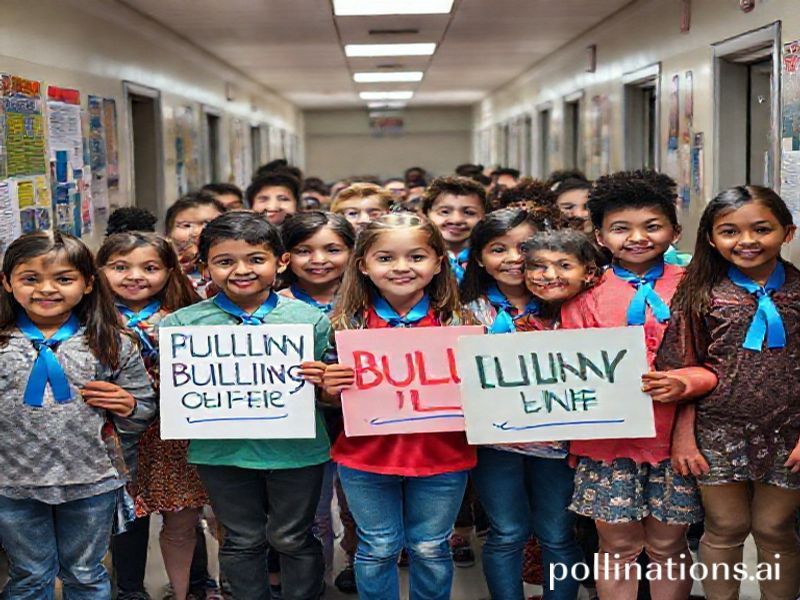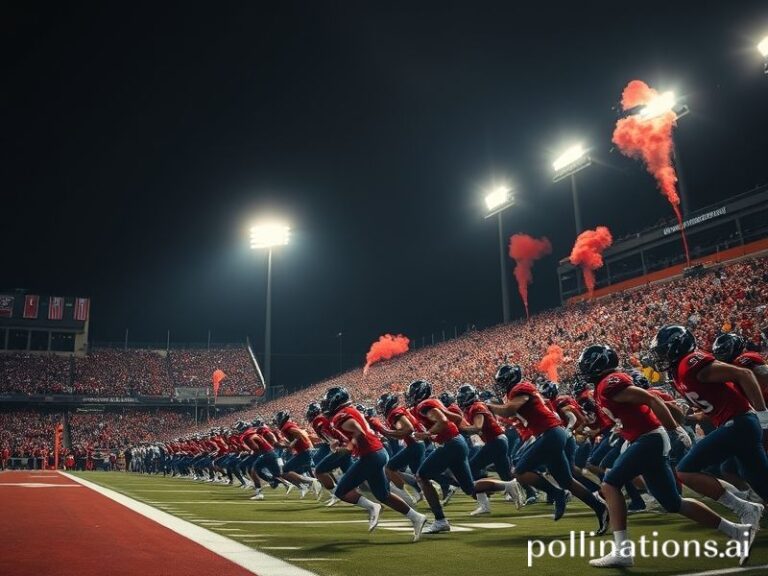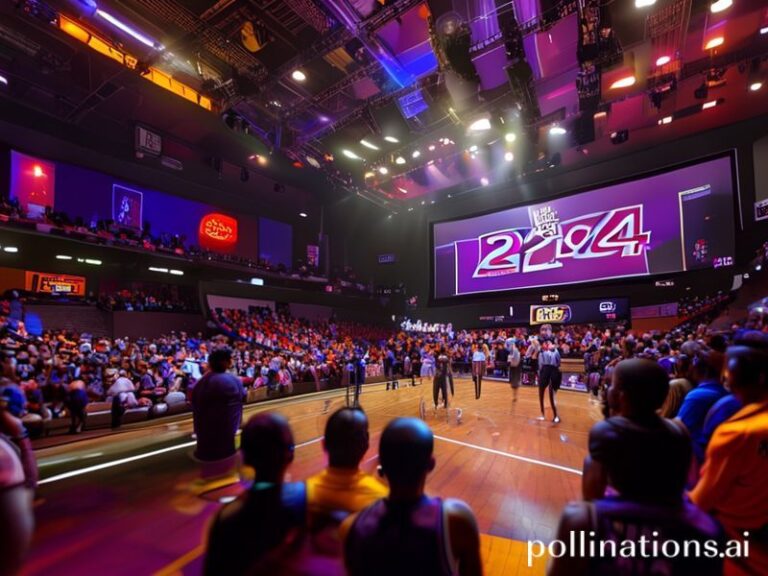Anti-Bullying Week Is Trending Globally—Here’s Why It Matters
### **Anti-Bullying Week: Why the World Is Finally Saying “No More”**
In a world where memes spread faster than the flu and trends come and go like seasonal Starbucks drinks, one thing has managed to stick around—and for good reason. **Anti-Bullying Week** is trending globally, and it’s not just because it’s the internet’s latest viral challenge (though we all know a good TikTok dance could make anything go viral). This movement is gaining traction because, well, bullying is *still* a thing—and it’s high time we do something about it.
#### **Why Now? The Cultural Context**
Bullying has always been around, but the internet has given it a whole new playground. Cyberbullying, trolling, and online harassment have become as common as bad Wi-Fi signals. But here’s the twist: the internet, which once amplified bullying, is now being used to fight back. Social media platforms, once the bullies’ favorite hunting grounds, are now being weaponized for good—spreading awareness, sharing stories, and fostering solidarity.
Anti-Bullying Week isn’t just a hashtag; it’s a global call to action. Countries like the UK, Canada, and the US have been observing it for years, but now, thanks to the internet’s ability to connect people across borders, the movement is going viral in places like India, Brazil, and South Africa. The message is clear: **bullying is unacceptable, no matter where you are.**
#### **The Social Impact: More Than Just a Hashtag**
Anti-Bullying Week isn’t just about raising awareness—it’s about creating real change. Schools, workplaces, and online communities are taking notice, implementing policies, and fostering conversations about respect and empathy. But why is this happening now?
1. **The Power of Storytelling**: The internet loves a good story, and survivors of bullying are sharing theirs. From viral TikToks to heartfelt Instagram posts, these stories are humanizing the issue and making it impossible to ignore.
2. **Celebrity Influence**: High-profile figures like Demi Lovato, Selena Gomez, and even the Jonas Brothers have spoken out about their experiences with bullying, giving the movement a much-needed boost.
3. **Generational Shift**: Gen Z and Millennials are leading the charge, demanding safer spaces both online and offline. They’re not just talking about it—they’re doing something about it.
#### **Why This Matters**
Anti-Bullying Week is significant because it’s not just a trend—it’s a movement. It’s about creating a world where kindness is the norm, not the exception. And in a time where division and negativity seem to dominate headlines, this is a refreshing reminder that **we can still choose to be better.**
So, whether you’re sharing a post, starting a conversation, or just being kinder online, you’re part of something bigger. And that, my friends, is what makes this trend worth talking about.
—







